
Discover more from Jeffrey Rickman’s Substack
With the formation of the Global Methodist Church, a reclaiming of the Methodist heritage is in order. Many voices are submitting ideas with respect to the particulars of Methodist identity. I have my own thoughts, which are being spelled out in a series of articles. This is the seventh of at least twelve. You might read my introduction to this series first in order to know how I have thought through this project and why I care about it.
Defining the Terms
Principle is a foreign concept to our culture. Difficult as it is to understand, there is a way humans can be in which we consistently live according to what we believe and value. Principles fly in the face of passions that otherwise dictate what we say and do.
This is a manifestly foreign concept to a people who get paid by the government if they don’t go to work, who get “mental health days,” participation trophies, who are given safe spaces and can freak out in the face of micro-aggressions. Fragile and un-resilient people cannot conceive of, much less desire, this way of being. Younger generations have no concept of a person who does what needs to be done regardless of how they feel. The almighty SELF is the sole reference point for how one conducts one’s life.
Once upon a time, people did not operate around one another the way that we do now. There was no nanny state to make sure dinner got on your table. People had to work and function and interact because, if they didn’t, they and their loved ones would suffer and die. If people did not function in their jobs because they had dysfunctional lives, they got fired. If people did not respectfully interact with their neighbors, they were ostracized and isolated. If they did not balance their lives with sleep, nutrition, and exercise, they had no medication or hospitalization to fix them for free on the taxpayer’s dime. People suffered and died if they did not learn to deny their impulses and live according to principle.
I’m saying we live in a synthetic world. The amazing wealth surrounding us has given us the false impression that principles do not matter. Many believe they can have meaningful lives while catering to their own capricious desires, expecting others to make do with whatever I feel like giving. As Paul said about them:
“For, as I have often told you before and now tell you again even with tears, many live as enemies of the cross of Christ. Their destiny is destruction, their god is their stomach, and their glory is in their shame. Their mind is set on earthly things. But our citizenship is in heaven. And we eagerly await a Savior from there, the Lord Jesus Christ, who, by the power that enables him to bring everything under his control, will transform our lowly bodies so that they will be like his glorious body.”
- Philippians 3:19-21
Yes, the human impulse towards selfishness and self-justification is innate and eternal. I’m not saying our culture has invented something new. I’m saying we have pushed it to a new extreme that was not possible before this level of technology and wealth was created.
Many military leaders in Japan prior to World War II were unafraid of the US when contemplating war because of how soft Americans were already known to be from our opulence. Things have only continued in that direction, such that we cannot even enroll sufficient numbers of people in our armed forces. Wealth breeds flaccid laziness.
Principles are the eternal values one holds, lived out consistently in one’s life, regardless of what circumstances surround her. Principles only matter when upheld consistently, all the time. For instance, the principle of loving one’s neighbor. Is the principle any good if I only do it for the neighbors I like? According to Jesus, no:
“You have heard that it was said, ‘Love your neighbor and hate your enemy.’ But I tell you, love your enemies and pray for those who persecute you, that you may be children of your Father in heaven. He causes his sun to rise on the evil and the good, and sends rain on the righteous and the unrighteous. If you love those who love you, what reward will you get? Are not even the tax collectors doing that? And if you greet only your own people, what are you doing more than others? Do not even pagans do that? Be perfect, therefore, as your heavenly Father is perfect.
- Matthew 5:43-48
The perfection to which all believers are called is a perpetual observance of Christian principle in one’s life. Take another principle, the principle of worship:
We can only worship in spirit and in truth when we orient our actions by God’s eternal worthiness rather than our fleeting feelings around the transcendent.
In an age that worships feelings, we find trends in worship that are concerned with emotionally manipulating the worshipers into always feeling the right way. Francis Chan compared a lot of modern worship to a wave pool a few years ago:
“I think you’ll agree that we can all create waves. I can make a wave start at 9:20, have it peak at 9:30 and then die out at 9:50 in time for the kids to get out of childcare. I can create a wave, and everyone’s having a blast. We all can.
And then we walk away and think, Whoa! God moved.
But in reality, that wave was man-made. I don’t know about you, but I’m tired of making waves. I want to see God do something that only he can do. I want to watch his hand move and say, “There’s no way I could’ve made that wave.””
Too much church in the modern western world, including worship in the Methodist tradition, is a formulaic approach to manufacturing a subjective experience rather than bringing biblical praise and glory to our Father in heaven.
Clearly Stating My Concerns
The Global Methodist Church has many voices contending for what emphases should be primary within modern Methodism. Of those, many are of the mind that we should capitalize on trends seen in largely charismatic evangelical churches. I believe these practices largely stand on a foundation of sinking sand. While a strong interest in the person and work of the Holy Spirit is absolutely essential in designing a church that seriously pursues salvation, I believe we are wrong to focus on the experience of individuals as primary, rather than a concern for right doctrine and discipline. We are right to hunger and thirst for an experience with the Holy Spirit. We are wrong to mark that as primary, before right worship, right belief, right daily living. We should focus on those things first, fully believing that they will lead to a true, lasting, powerful walk with the Holy Spirit, as was seen in early Methodism.
Anticipating Arguments
The pushback to my thoughts so far is the obvious connection between our feelings and reality. Early Methodism was rightly concerned with the personal experience of salvation, of Christ’s blood being applied to the heart, of the Spirit witnessing to my spirit that I am a child of God. John Wesley himself regularly pushed back against the norm of a dead orthodoxy concerned only with right beliefs and right practice, but which was not concerned with right experience. This is why Outler’s formula of the ‘Wesleyan Quadrilaterial,’ destructive as it was, involved experience.
There isn’t any way to avoid the importance of one’s experiences in the life of faith. I do not think it is realistic to imagine that one can go through life without any experiences of validation from the divine. If you understand me to be saying that experiences are entirely meaningless, or even bad, then you aren’t understanding me correctly. Rather, I’m saying that one’s faith is only worth something when it is practiced in the absence of emotional validation or confirmation.
The reality is that feelings can be and often are wrong. Feelings just aren’t a good guide to truth. They can and should validate truth along the way, but even when they don’t, we are expected to practice faithful covenant obedience with our Lord every day. A faith that is practiced because I feel great about it all the time isn’t worth very much. A faith that I practice at great cost, requiring self denial, is what my bible points toward. Feelings will come and go; God’s truth will remain. So must we, if we wish to be with him.
The reality of authentic Christian faith is that it begins with disciplines, order, principles. These things rightly done will usually flower into right and meaningful feelings. God will, from time to time, provide supernatural experiences. We cannot condition our faithfulness upon God’s acting in those ways. Rather, if we design lives aimed at consistent faithful living, we will find right feeling follows. If not in this life, then for all eternity.
Charles Spurgeon was known to have suffered with chronic depression. He followed the Lord, not because he was liberated in this life from all signs of the fall, but because God is worthy regardless of our feelings. He was able to sublimate his feelings to bring honor to Christ in his life.
A Portrait of a Passionate Slave
I cannot help but notice that the most passionate people are often the most dysfunctional. There is an increasingly dominant way of life aimed at accumulating thrills and experiences. My particular cultural context is marked by personalities who stay high on drugs for months at a time. They go to the casinos for the thrill of gambling and entertainment. They buy games and four-wheelers and television screens before they pay their bills. They trash rental homes rather than keeping them clean.
Don’t get me wrong. There are plenty of healthy, functional people here, too. Most of them tend to be churchgoing Christians.
But I’m talking about people who bear these signs of generational poverty and brokenness. I’m talking about people who show up to the church doors with their hands out because they have already blown through all their government assistance and they have burned all their bridges with family and friends. There are more and more of these.
I cannot help but notice that they are continually shooting themselves in the foot because they worship their feelings. They quit a job they really needed because the boss spoke to them disrespectfully. They walk away from an imperfect husband because…he was imperfect. They get their car repossessed because they gambled their money away at the casino. They lost their best friend because they stole their drugs.
If these folks would learn impulse control, their lives would be so much better. The church should be the place where this happens. Fear of the Lord is the beginning of wisdom. Churches could and should teach this fear. Rather, many have raffles and block parties for these folks then let them slide out the door when their messy lives start to ruin the vibe.
Early Methodists were able to work with the folks like this at that time. We were able to piece them together and teach them a new way of life, oriented by God, that led to order and beauty. I think we could do this again, but it depends on us first being inoculated against the allure of passions. We need to do holy warfare against the flesh and our hearts, for “the heart is deceitful above all things, and desperately wicked'“ (Jer. 17:9).
Principle as Central to Authentic Methodism
Historians are right to characterize early Methodism as highly emotional and energetic. John Wesley and his revival movement were regularly accused of being in the thrall of ‘enthusiasm.’ The word connoted a bit more back then in that context than it does to us today. The notion was exactly that which I have been depicting thus far: a tendency to hype oneself up and worship one’s feelings rather than the God that those feelings supposedly worshiped.
John Wesley had to answer detractors, not by denying that Methodist gatherings were exciting and emotional, but by saying that these things were the natural outgrowth of disciplined, principled living. As Watson summarizes, “Methodists were not encouraged to seek direct manifestations of the Holy Spirit without relying on the means of grace [prayer, fasting, searching scriptures, etc.] as a shortcut to salvation.”1 So while it is right to say that early Methodists were known for the phenomena of exciting and emotional worship, it is wrong to mistake that for the numina, or the very nature of, the movement. Rather, it was an outgrowth of a very disciplined approach to seeking the presence and power of the Holy Spirit.
A modern-day movement that puts the cart of experience before the horse of biblical faithfulness will easily become an unbalanced and unworthy institution. It must rather be oriented by people of principle who do not waver based on whatever the moment seems to be. Methodists need to be a people who “preach the word; being prepared in season and out of season; correct, rebuke and encourage—with great patience and careful instruction” (2 Tim. 4:2). We will not be such a people if we are concerned with the ephemeral.
Making the Case for Methodism is Actually Easy
The reason I’m so clear on the priority of Methodism being on principle rather than on experience is because of the very nature of the covenant body. Whether we are talking about the revival movement or its eventual embodiment in the American denomination, the central document was The General Rules of the United Societies. It was firmly upheld for almost a century before worldly forces transitioned it into a quaint signpost of a bygone era. I think we need it back, frankly.
The document explicitly wars against the feelings of individuals in the portion on doing good: “To their souls, by instructing, reproving, or exhorting all we have any intercourse with; trampling under foot that enthusiastic doctrine that “we are not to do good unless our hearts be free to do it.” The portion I marked in italics is a direct rebuke of those who might argue that Christians need to follow the promptings of their hearts. Rather, Methodists were to do good whether or not they had the right feeling in their hearts about it.
Even if that is not particularly compelling to you, keep in mind the nature of the entire document: It was compulsory, not aspirational.
“If there be any among us who observe them not, who habitually break them, let it be known unto them who watch over that soul, as they who must give an account. We will admonish him of the error of his ways; we will bear with him for a season; but if he repent not, he hath no more place among us; we have delivered our own souls.”
If you haven’t read the document before, you really should. If you have a few minutes, I would point you to a series I did, walking folks through the importance of each section. What becomes clear, not just by the nature of the document, but how we know it was historically used, is that this was a non-optional part of faith for every single Methodist. You had to dance to the beat of this drum, or you were thrown out of the party.
The particular structure of the societies was that they were composed of class meetings. To be a Methodist was fundamentally understood to mean that a man or woman was deemed to be in right relationship with his or her class meeting. For that to be the case, they had to withstand regular scrutiny from one’s class leader and class, with not just the Holy Bible as a litmus test, but also the General Rules. Folks were regularly booted out of Methodism for either habitually and unrepentantly breaking these rules, or for missing more than three of the weekly class meetings in a quarter. This was true in the days of revival, as well as the earlier decades of Methodism being a formal denomination in the US. One could not call himself a Methodist outside of being a faithful participant in a class meeting. One could not be in a class for long without practicing regular obedience (thus requiring principled living).
Do we imagine that these many thousands of men and women wanted to obey all of these strictures? Each of their individual consciences agreed with the General Rules on paying taxes? On accumulating wealth? Do we imagine they would have obeyed these commandments if they had not had a strict society watching over them in love? Please. People only rise to the standard set for them. Methodism established a standard that cannot be maintained by people who are slaves to their feelings. They had to be consistent and fervent in their faithful adherence to godly living.
How legalistic, right? They clearly misapprehended the nature of the Christian faith. Many were happy to level this exact charge at us. What was our response? Reforming the character of nations. Becoming the majority faith of the US. Having more local churches in this nation than post offices. Touching and transforming more lives than any other body. Methodists claimed, not just the form, but also the power of righteousness.
This was how John Wesley, and then Francis Asbury, was able to demand faithful obedience from Methodists. They required very hard observance, not just from the rank and file, but especially from circuit riders, who often forsook family, and even health, to serve the movement. When preachers who were already underpaid and overworked bucked their instructions to read diligently and widely, they were told to either acquire a taste for reading or to acquire a new job. When people wanted to attend worship but not participate in the production of worshipful song, they were told, “See that you join with the congregation as frequently as you can. Let not a slight degree of weakness or weariness hinder you. If it is a cross to you, take it up and you will find a blessing.”2 These sorts of sentiments are found throughout early Methodist documents. It seems quite clear that this was a shared, uniform way of life.
Methodism would not have survived long if its primary reference point had been the subjective experience of individuals. Its primary concern was fervent consideration for biblical faithfulness, even and especially when it worked against the hearts of its adherents. This clarion call to countercultural living was answered, not because it appealed to the consumer interests of crowds of spectators, but because the Holy Spirit was pleased to dwell in a willing and faithful vessel.
So I would say, friends, if you want to have a Spirit-led and -filled movement, then reclaim the doctrine and discipline of early Methodism, and the Spirit will breathe life into these dead bones. If we continue to emphasize the excitement of worship over the authenticity of the faith of our believers, a day will come when the emperor will be exposed as having no clothes on.
We cannot be authentically Methodist if we do not forsake ourselves, deny ourselves, take up our cross, and follow Christ. We need to stand against our culture that worships self and model the extreme God- and others-orientation of true believers. To be a Methodist is just to be a biblical Christian. You cannot be right with God if your primary reference point is your feelings. Consider Paul:
“Do you not know that in a race all the runners run, but only one gets the prize? Run in such a way as to get the prize. Everyone who competes in the games goes into strict training. They do it to get a crown that will not last, but we do it to get a crown that will last forever. Therefore I do not run like someone running aimlessly; I do not fight like a boxer beating the air. No, I strike a blow to my body and make it my slave so that after I have preached to others, I myself will not be disqualified for the prize.”
- 1 Corinthians 9:24-27
The call of Christ isn’t to ‘follow your heart’ or ‘you be you’ or any other such satanic trope. It is, as Dietrich Bonhoeffer summarized: “Follow me and die.” How do we get there from here? Communal principled living. Joyful submission. Obedience in every aspect of life. That is the biblical portrait. That is what we should now resolve to aim at together.
Watson, Kevin: Doctrine, spirit, and discipline : a history of the Wesleyan tradition in the United States, P. 41
John Wesley’s “Directions for Singing”






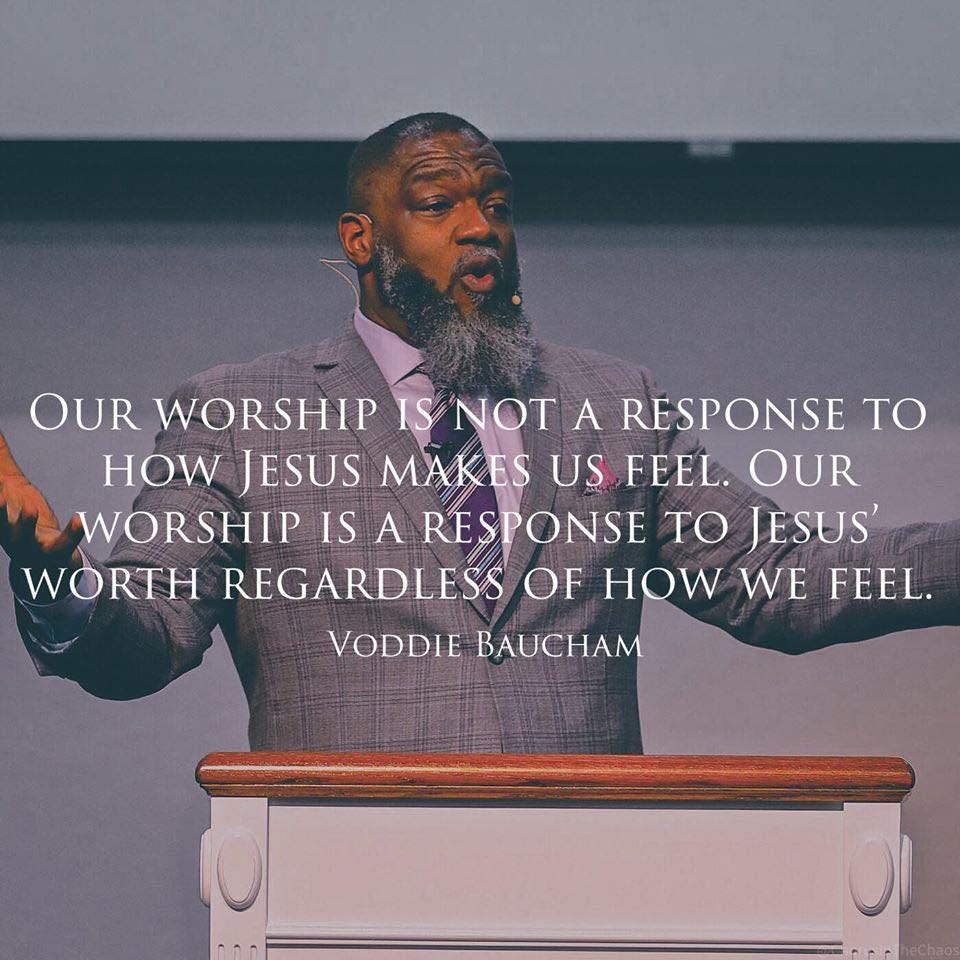
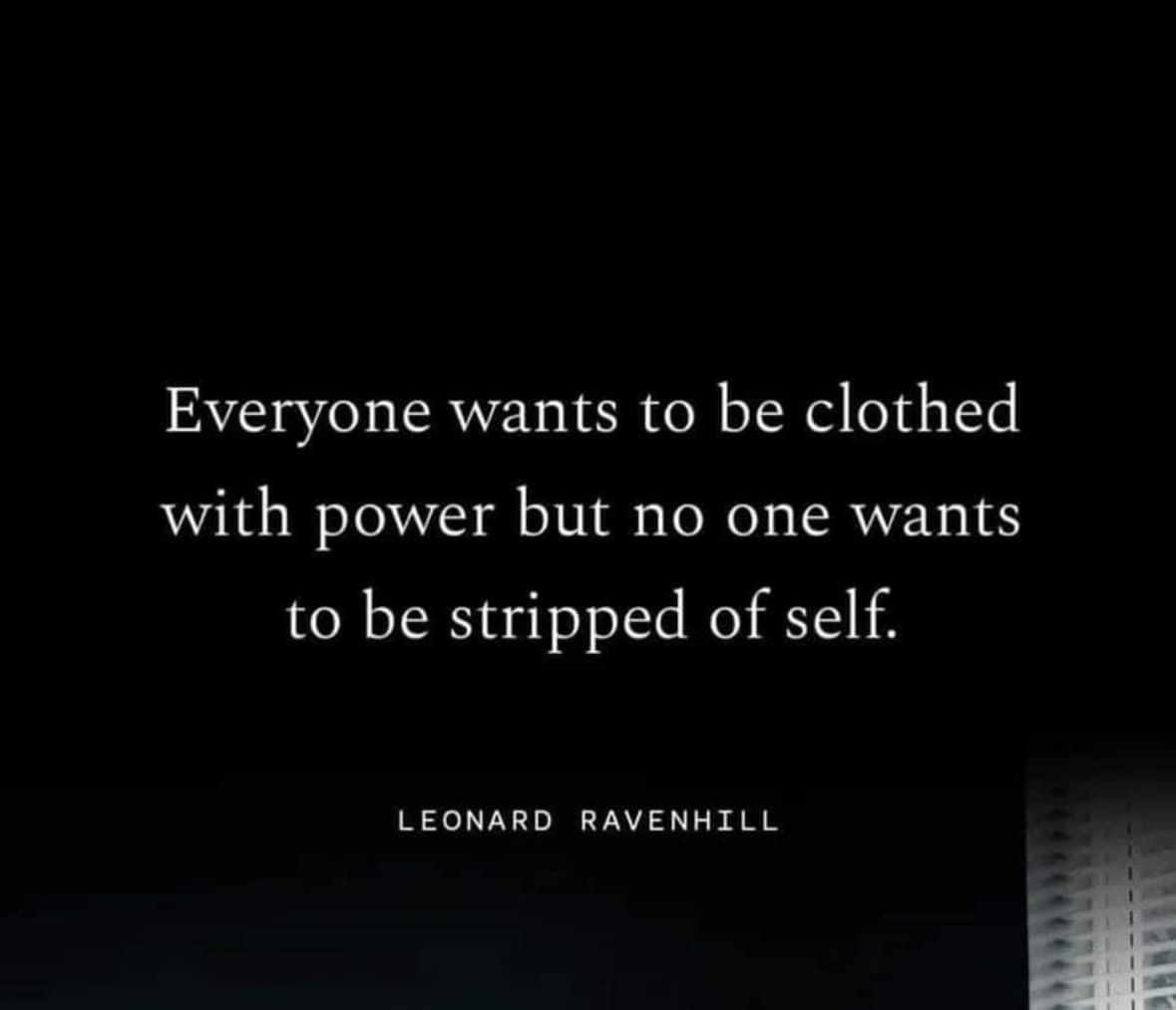
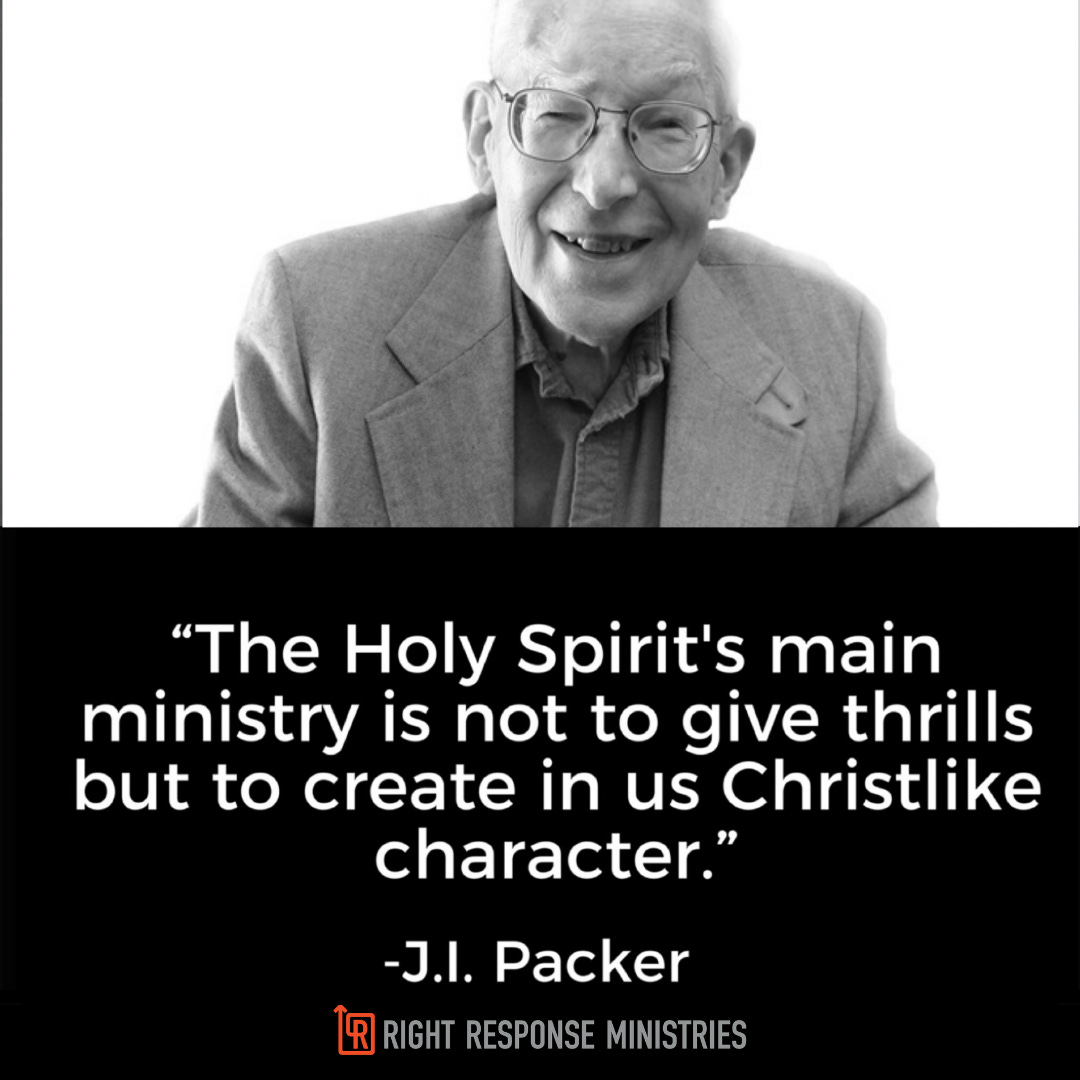
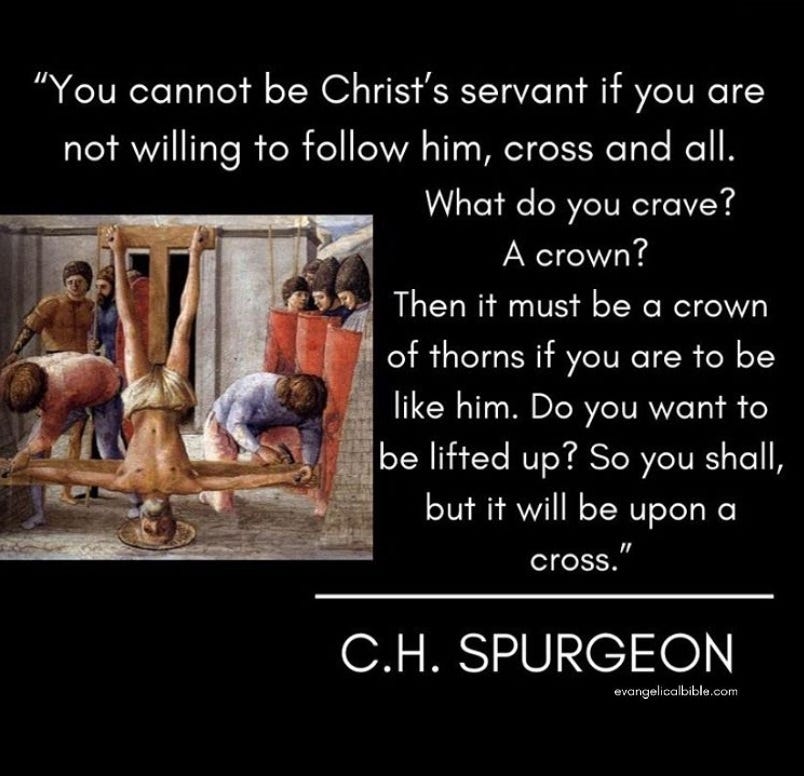

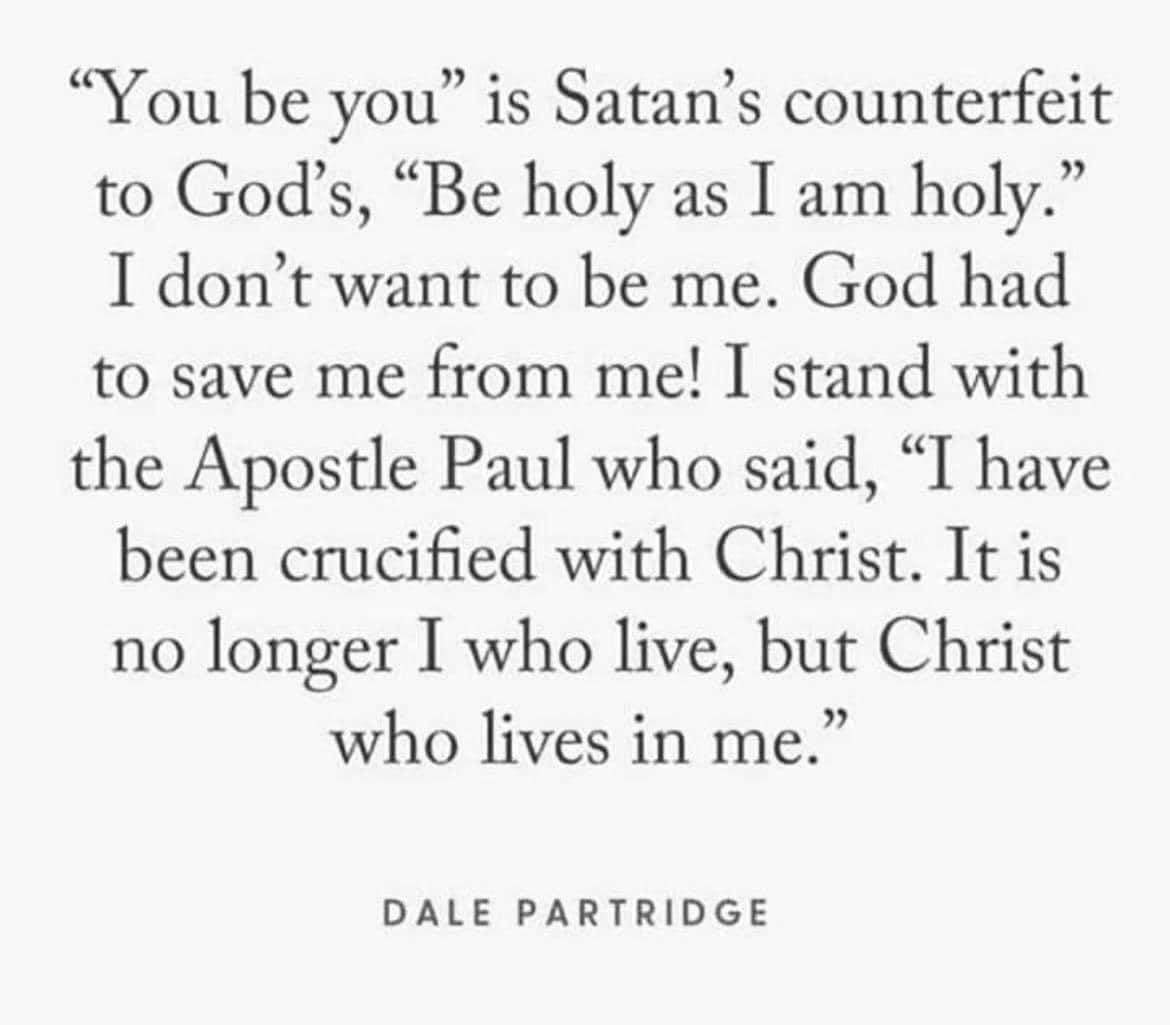











Brother Jeffrey, I agree with your call to Holy living, but I’m afraid that for the most part, you’ll find very few takers. Why would I believe this. First of all you’re fighting against a culture where principled Christian live style has been preached in most churches as optional, just as discipleship has been. The reason for this is because the institutional church is fueled by money, and if you start demanding a principled Christian life style, you’re going to run off a lot of your paying customers/congregants. Secondly, like you’ve stated, our relative wealth has spoiled us to non-dependence on God’s providence. There’s a reason Jesus spoke about the difficulty a rich man would have in entering the kingdom of heaven. This is why I’m convinced that before this nation experience’s the next Great Awakening, there will be some type of calamity that will bring about a massive humbling. Good Friday had to proceed Resurrection Sunday.
It is a simple fact that all humans do not want to suffer. Yet Jesus said about Paul, "For I will show him how much he will suffer for the sake of my name." Acts 9:16 Jesus also said, "Take up your cross and follow me." If we truly follow Jesus, there will be suffering. Simply denying ourselves will bring about suffering. Whoever told us following Christ would be easy? Yet we live in a world where life can be abundant and easy. Early in history, life was hard. It still is in many parts of the world. I agree that our wealth has made us soft, privileged, and prideful. Instead praising God and giving thanks, we will Instead spend our blessings on ourselves. We have no desire to become like Christ. We do not want to suffer.